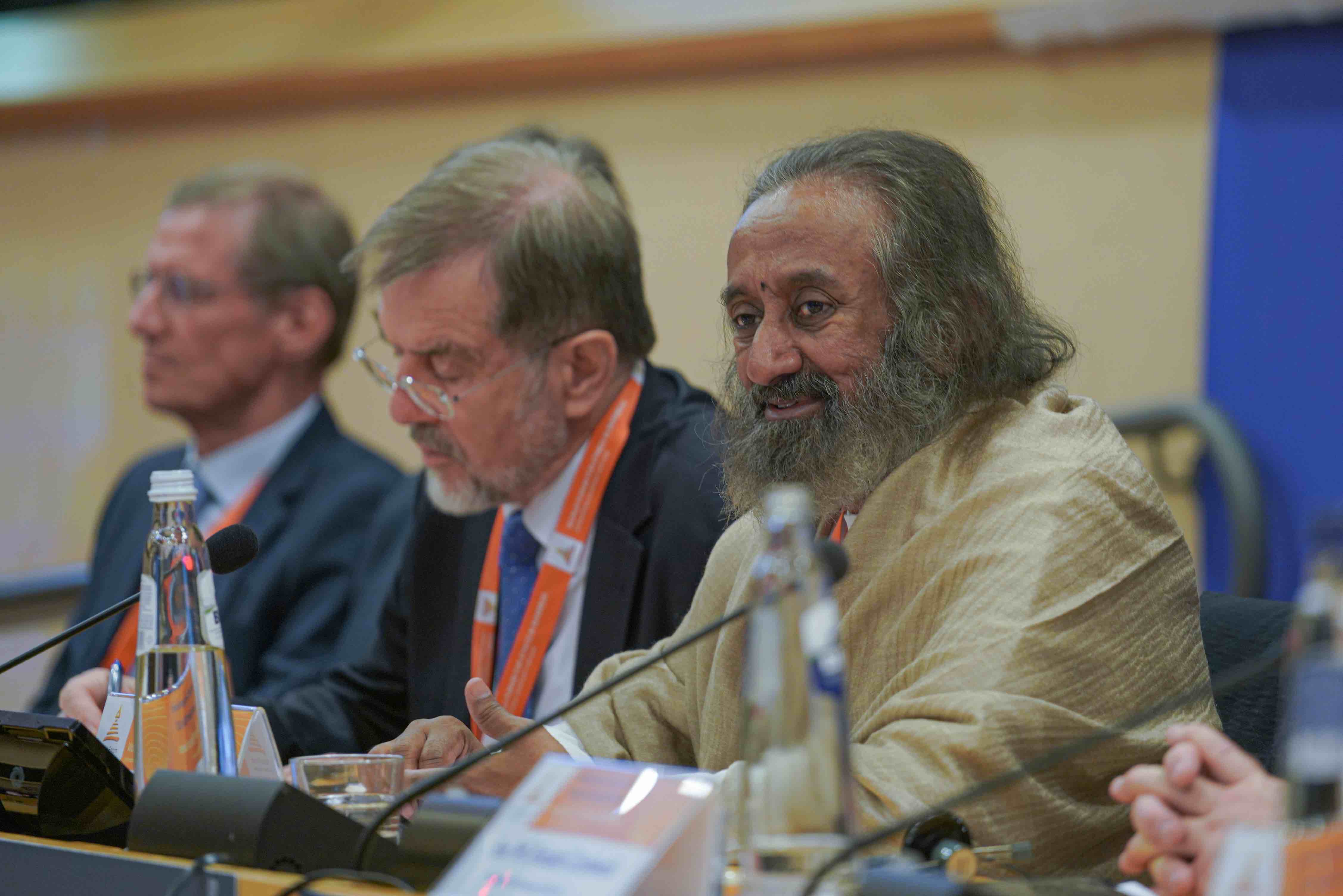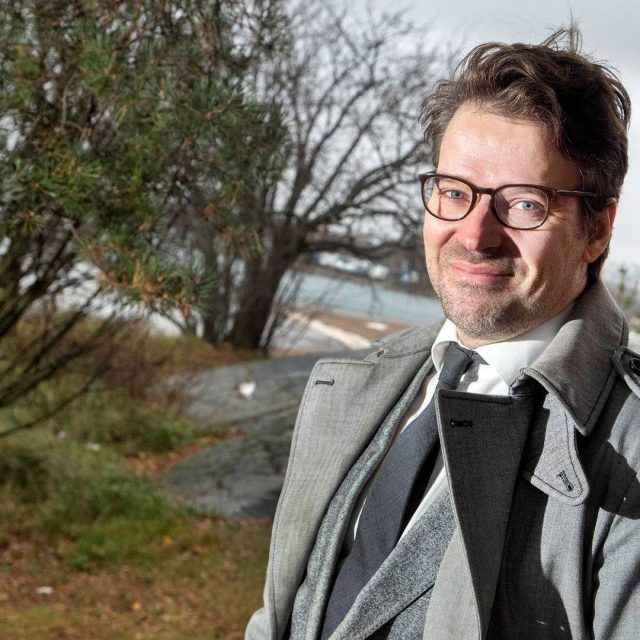Photo by Priscilla Du Preez on Unsplash
Prejudice against mental health is stopping sufferers getting vital treatment they need, a conference in the European Parliament was told.
Depression and anxiety rose by 25% in the first year of the pandemic, bringing the number of people living with a mental disorder to nearly one billion people, says the WHO.
To address some of the current challenges related to mental health, a Think Tank took place at the European Parliament in Brussels on 22 May, hosted by MEP Ryszard Czarnecki and chaired by Gurudev Sri Sri Ravi Shankar.
Despite the worrying increase of mental health issues there is still a prejudice around it, Gurudev told the conference, adding, “A person cannot be treated unless they admit they have an issue and need help, which is already a courageous first step, but in today’s judgemental world, such an admission could put their job or relationships at stake, so people tend to hide their problems.”
Gurudev, who is founder of the World Forum for Ethics in Business, said mental health is “one of the biggest issues” facing the world and needs to be addressed urgently but many are going either untreated or suffering in silence due to the stigma still attached to mental illness.
He said, “There is a prejudice about mental health and unless someone comes out and says they are suffering from mental health you cannot treat them for it. To admit that someone suffers from mental health is itself an issue. Mental health can put various things at stake, including someone’s job and relationship as well as many other things.
“But because of this people try to hide their illness.”
He added, “Mental health not just when you get ill and need to be hospitalised.
“Stress is one of the biggest causes of mental health and to relieve stress and to lead a healthy balanced life does need a bit of work and attention.
“However, neither at school or work are we taught about our minds. We may learn about dental hygiene but we are not taught how to cope with negative feelings.”
He cited the untold “cost” of mental health of those involved in the war in Ukraine, adding, “it is not just about the physical wounds but the wounds to the minds of those affected which can be much more difficult to heal.”
Stress is one of the biggest causes of mental health, which can be managed through a healthy life balance, but for that people “need a little bit of care and attention”. Unlike with physical health however, there are no “mental hygiene” courses in school. “More than half of the violence in the world comes from mental health challenges”, Shankar said. “In the US, more than 600 mass shootings have happened over the past 6 months. The cause for this is mental health.”
He added, “We need to look at the ways we can address this and the prejudice in talking about mental health. We must also rid the prejudices we harbour in ourselves – racial, class, caste and religious prejudices.”
He said society should foster healthy habits including yoga and meditation, both part of adopting a healthy lifestyle.

Photo by Aris Setya
“Over 40 yearsago when I started promoting yoga I was told it was not for ‘normal’ people but the potential benefits are huge.”
The mission of politics is to ensure the common good, nationally and globally, but we can’t ensure common good based of fear and anger”, said Alojz Peterle, Former Prime Minister of Slovenia.
“I am not a doctor, but I understand that a fragmented world means fragmented people and the more fragmented we are, the more mental health issues we will have”, said Alojz Peterle, exemplifying how suicide rates in Slovenia decreased by 10% after the country joined the European Union, as people had new hope brough on by the sense of belonging to a community sharing the same values and principles.
“No single organisation can handle the mental health crisis alone. Governments, healthcare institutions and NGOs must join forces to create comprehensive mental health strategies. Together we can create a healthier and more resilient society”, Czarnecki said.
In Poland, a mental health plan has been implemented in centres across the country to help communities free of charge, explained Polish Minister of Health Adam Niedzielski. The treatment plans are developed by specialists based on their relations with the person experiencing the mental health crisis. And, since 2019, 380 of these centres have been dedicated to children and adolescents.
“A sad face should not be allowed to exist because each one of us should take responsibility to bring the factor of happiness, then we can make society a better place”, Shankar pointed out.
Moreover, since the outbreak of the war in Ukraine, Poland set has up medical centres for mental health along the border as well as across the country to support Ukrainian refugees in their trauma recovery, providing them equal access to healthcare as to Polish citizens and conducting information campaigns in refugee camps. “Wars do not only cause physical wounds, but also wounds to the mind, which can be harder to heal”, Gurudev said.
Roland Liebscher-Bracht, who has developed a brain therapy and whose website has been voted the best youtube channel on health with 1.9m followers.
He said, “We need to consider the role of chronic pain in mental health because 1 in 7 people suffer from chronic health issues.
He said 150m people in Europe suffer from mental health in 2021 and, in 2018, the EU spent €600 on mental health. Some 60percent of those with chronic pain also suffer from depression.
Shankar’s International Association for Human Values (IAHV) and Art of Living have also managed to set up over 400 workshops for Ukrainians both inside Ukraine and in Europe, helping more than 5,000 Ukrainians currently located in over 20 countries. They were taught how to self-manage stress, insomnia, despair ad traumatic symptoms.
The audience was shown a video of a project in Ukraine which helps ordinary people suffering from the effects of the war, including from mental health issues.




